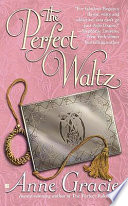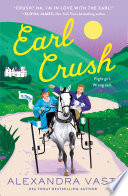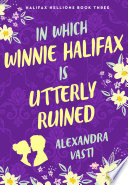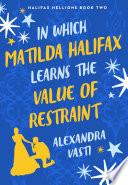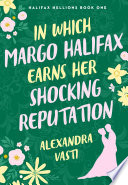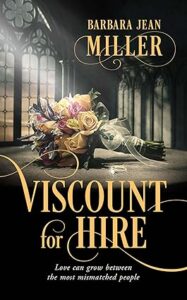
Thanks for your question, Grace, and for being a Regency Reader!
In the 1750s, Elizabeth Montagu and Elizabeth Vesey formed The Blue Stockings Society, an informal literary discussion group that invited both men and women to discuss items of interest. These women were privileged, and therefore had the education and leisure to further their interests. Yet when Society expected these women to focus on accomplishments, like needlework and instruments, their devotion to education was often ridiculed or distrusted.
The origin of the name bluestocking is still disputed, but it likely refers to the less formal, daywear blue worsted stockings either worn by Benjamin Stillingfleet to the events or by the members altogether. As both sexes were involved in the Society, the term bluestocking could refer to both men and women.
This would change by the Regency era, cementing its derogative implications. By 1830, its definition would be “BLUE – STOCKING ; a pedantic female ; one who sacrifices the characteristic excellencies of her sex to learning” (The Popular Encyclopedia: Being a General Dictionary of Arts, Sciences, Literature, Biography, History, and Political Economy. Reprinted from the American Ed. of the “Conversations Lexicon,” with Corrections and Additions …. (1830). United Kingdom: Blackie.)
There is evidence in the record that the term could be used both fondly and meanly, however, depending on the opinions and intent of the speaker or author. However, by in large, it was considered peculiar for a female to be so interested in academics that she eschewed the other accomplishments, so bluestocking was even in the fondest sense a mark of oddity.
Things would change by the Victorian era, judging by the record:
The Western Monthly Review. (1828). United States: E.H. Flint.
This came with the gains women made in the Western world over the next century, to have access to education, the right to vote, the right to own a bank account, etc.
Hope this helps, Grace!
Ask us more questions about the Regency in our Regency ? page. We are also trialing a new service, Research Requests, for writers or others wanting a more in-depth answer with sources, or looking for a Beta read with an eye to historical details.
Appreciate our research? Please share with other readers, leave your comments, buy a book through one of our links on reviews, or buy us a cup of tea!


